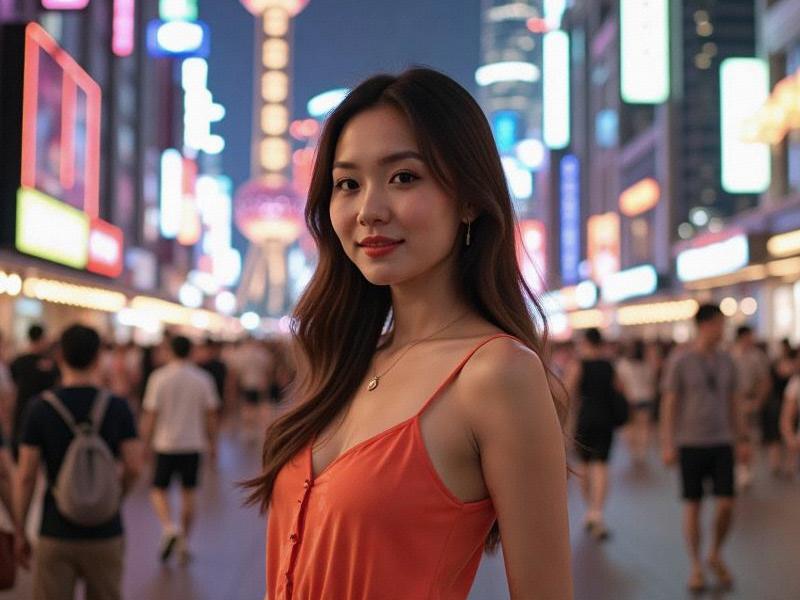
Shanghai's entertainment landscape in 2025 represents a fascinating paradox - a city where nostalgic 1930s jazz bars coexist with holographic dance clubs, where traditional tea houses share streets with AI-powered entertainment complexes. This vibrant ecosystem has made Shanghai the undisputed nightlife capital of Asia, attracting revelers from across the continent seeking experiences unavailable anywhere else.
The New Generation KTVs
Gone are the days of smoky private rooms with outdated song selections. Shanghai's KTV industry has undergone a radical transformation, with venues like "Melody X" in Jing'an District offering virtual reality singing experiences where patrons can perform duets with holograms of their favorite stars. The newly opened "Voice Lab" in Pudong takes this further, using AI vocal analysis to automatically adjust songs to each singer's optimal key while projecting immersive visual environments that react to vocal performance.
"Today's customers want more than just singing - they want to be stars," explains Leo Wang, operations manager at Melody X. "Our technology gives them that fantasy while maintaining the intimate social experience that makes KTV special."
爱上海最新论坛 The Rise of Smart Lounges
Shanghai's high-end club scene has embraced technology while doubling down on exclusivity. Members-only establishments like "The Chrysanthemum Club" in the French Concession now use facial recognition for entry while employing AI sommeliers that remember each patron's drink preferences across visits. The ultra-luxurious "Cloud 88" on the 101st floor of Shanghai Tower takes this further, with its "mood matching" system that adjusts lighting, music and even scent profiles based on real-time analysis of guests' facial expressions.
"Discretion remains paramount, but personalization is the new luxury," notes hospitality consultant Vivian Zhang. "Our clients expect venues to anticipate their needs before they articulate them."
上海贵族宝贝自荐419 The Hybrid Entertainment Complex
The most striking development has been the emergence of "all-day entertainment destinations." Mega-complexes like "Haven X" in Xuhui District combine daytime co-working spaces with evening cocktail bars, late-night clubs, and even overnight capsule hotels - all under one architecturally stunning roof. These vertically integrated venues have become particularly popular with Shanghai's young professionals who value seamless transitions between work and play.
Cultural Preservation Through Clubbing
上海喝茶服务vx Interestingly, Shanghai's entertainment renaissance has included a revival of traditional Chinese leisure culture. Upscale mahjong parlors like "Dragon Tile Club" have become hotspots for young professionals, while modernized tea houses such as "Pulse Tea" in the Former French Concession blend tea ceremonies with electronic music. This cultural synthesis reaches its peak at venues like "Shikumen Disco," where 1920s Shanghai jazz gets remixed for 21st century dance floors.
The Regulatory Balancing Act
This nightlife boom hasn't come without challenges. City officials have implemented sophisticated "social credit" systems for venues, with real-time monitoring of noise levels and crowd density. The controversial 2AM curfew remains in effect for most districts, though special "nightlife economic zones" in Hongkou and Putuo now enjoy extended hours to 4AM on weekends.
As Shanghai prepares to showcase its entertainment innovations at the 2026 World Expo, the city's club scene stands as a testament to urban China's ability to blend technological advancement with cultural preservation. From AI-enhanced karaoke to algorithmically optimized cocktail menus, Shanghai's entertainment venues in 2025 offer a glimpse into the future of urban leisure - one where tradition and innovation dance together until dawn.
